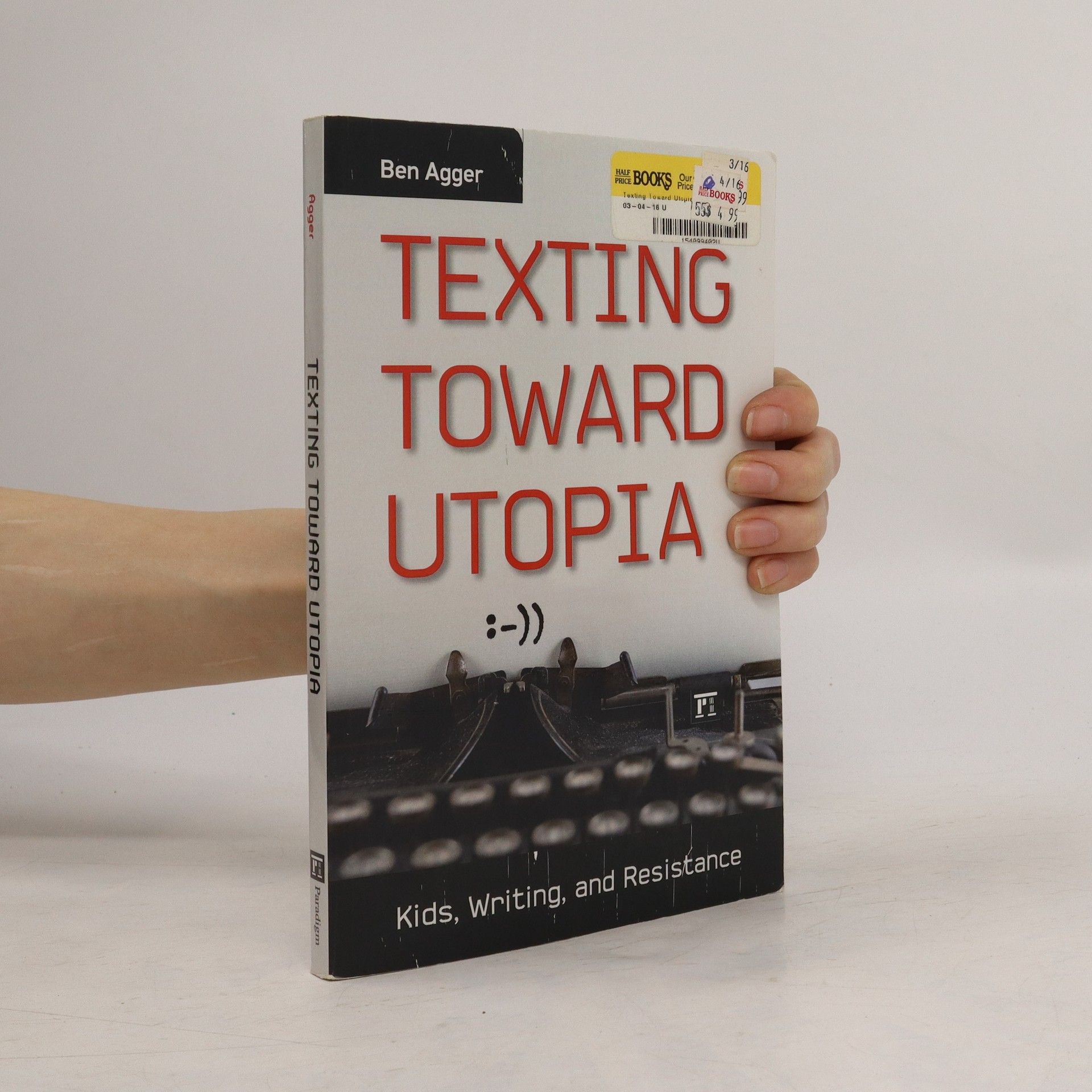Exploring the intersection of modern communication technologies and a new generation of children, this guide delves into how these tools shape their interactions and development. It offers insights into the implications of digital communication on children's social skills, learning processes, and emotional well-being, providing valuable perspectives for parents and educators navigating this evolving landscape.
Ben Agger Books
